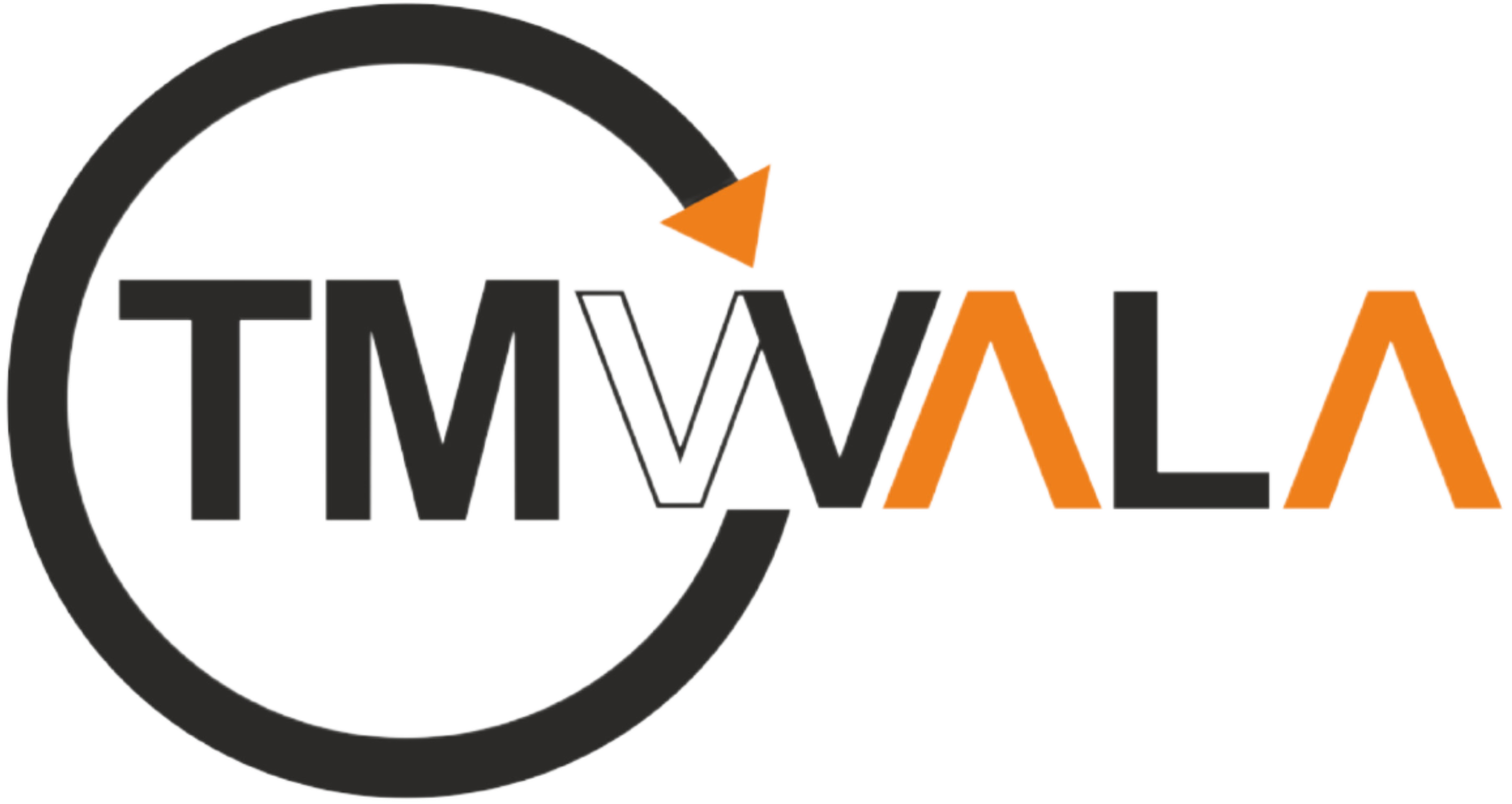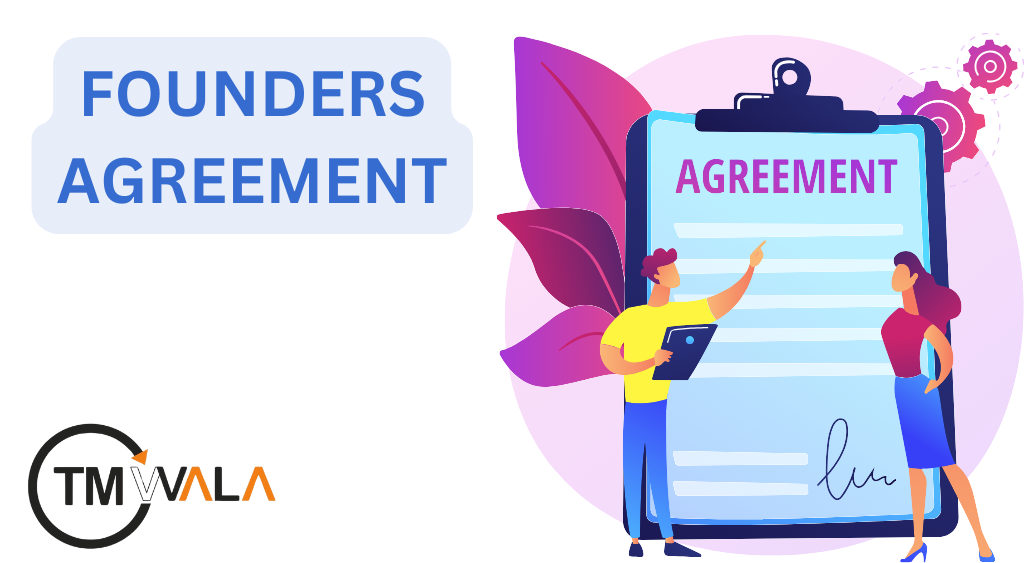A founder agreement is a contract that a company’s founders enter into to set guidelines for their business relationships. Specifically, Co-Founder legal agreements outline each founder’s rights, roles, responsibilities, compensation, and obligations. Also known as a co-founder agreement, this written legal document sets expectations for each founder so everyone is on the same page. It also regulates matters not covered by financial or operating agreements, such as intellectual property rights in startups and equity vesting schedules.
Key Components of a Founders Agreement
1. Basic Information
- Company Name: The legal name of the company.
- Founders’ Names: Full legal names of all founders.
- Positions and Titles: Specific roles and titles for each founder to prevent future disputes.
2. Ownership Structure
- Equity Distribution: How the company’s shares are divided among the founders.
- Vesting Schedule: The timeline over which founders earn their shares, typically to ensure commitment over a period. Commonly, this includes a four-year starp equityvesting period with a one-year cliff.
3. Roles and Responsibilities
- Role Definitions: Detailed descriptions of each founder’s responsibilities and duties.
- Expectations: Clarifying the scope and limitations of each role to prevent overstepping and ensure accountability.
- Review Clauses: Provisions for periodic review and potential redefinition of roles as the company evolves.
4. Decision-Making Processes
- Voting Rights: How decisions are made, including voting power and required majorities.
- Deadlock Resolution: Mechanisms to resolve disputes when founders cannot agree.
- Key Decisions: Specific areas where unanimous or majority consent is required, such as hiring key personnel or significant financial decisions.
5. Compensation and Benefits
- Salaries and Bonuses: Initial compensation, performance-based bonuses, and any other financial benefits.
- Equity Compensation: Details on how equity compensation will be managed and distributed over time.
6. Intellectual Property
- IP Ownership: Who owns the intellectual property rights developed by the founders?
- Assignment of Rights: Ensuring that any IP developed for the business is owned by the company.
7. Confidentiality and Non-Compete Clauses
- Confidentiality: Provisions to protect the company’s sensitive information.
- Non-Compete: Restrictions on founders engaging in activities that compete with the business during and after their tenure with the company.
8. Exit Strategy
- Buyout Clauses: Terms under which a founder can be bought out.
- Departure Terms: Conditions for voluntary or involuntary departure from the company.
- Dissolution Plan: Steps to take if the founders decide to dissolve the company.
9. Dispute Resolution
- Arbitration and Mediation: Preferred methods for resolving startup founder disputes outside of court.
- Jurisdiction: The legal jurisdiction that will govern the agreement.
Benefits of a Founders Agreement
1. Clarity and Alignment
- Ensures all founders have a clear understanding of their roles, responsibilities, and expectations.
- Aligns the vision and goals of all founders, fostering a cohesive working relationship.
2. Risk Mitigation
- Reduces the risk of conflicts by addressing potential issues upfront.
- Provides mechanisms for resolving disputes without damaging the business.
3. Investor Confidence
- Demonstrates to investors that the founding team is organized and has a solid governance framework.
- Assures that the company has a plan for handling internal conflicts and managing its leadership.
4. Legal Protection
- Protects the interests of each founder legally, ensuring that their contributions and rights are recognized.
- Establishes legal ownership of startup intellectual property created by the founders.
Is a Founders Agreement Legally Binding?
Yes, a founders agreement is a legally binding document that holds each founder’s interests at stake. It should be created at the beginning of the company’s lifecycle (alongside the business plan or pitch deck) to get everything out on the table before a group of co-founders starts working together.
How to Write a Founders Agreement
There is no standard structure for these legal documents for startup founders, as they vary depending on factors like industry, location, and arrangements with co-founders. However, common sections in most agreements include:
1. Come Prepared with Your Point of View
Figure out what you want from the contract and business. Consider questions like:
- What are my goals with this business?
- What values do I want the business to have?
- What does success look like to me?
2. Draft the Founders Agreement
Once you and your co-founders agree on the major points, it’s time to start drafting the document. Jonathan Tian, co-founder of Credit Yelp, shares that they started the process using the Clara tool, but you can also use templates.
Basic Information
Start with the company name, founders’ names, and their positions. This prevents future non-founding employees from claiming a founder title. This section can also include a breakdown of the ownership structure and a brief description of the business plan, mission, vision, and goals.
Roles and Responsibilities
Outline which company functions fall under each founder’s area of responsibility. The founders’ roles should play into their strengths. If there is an overlap in a certain skill set, assignments to avoid confusion and prevent overstepping.
Decisions and Rights
Besides equity shares and voting rights, founders have decision-making rights covering everything from minor approvals to major decisions. To avoid deadlock situations, elect a decision-maker and assign veto powers.
Equity and Vesting
Discuss the percentage each founder gets and include a vesting schedule detailing when they receive full rights to company shares. A common term is vesting quarterly over four years, with one-year embankments.
Why You Should Have a Founders Agreement
A founder agreement is not a requirement when starting a company, but it offers several benefits:
- It aligns owners on the same page, protecting the business’s interests and the founders’ relationships.
- It provides structure to the business, covering everything from finances to dissolving the company.
- It creates dispute resolution guidelines, such as when to seek arbitration.
- It can help secure investors by showing that you’re organized and forward-thinking.
Founders Agreement vs. Shareholders Agreement
Founders’ Agreements focus primarily on the founders’ responsibilities and rights, detailing the allocation of equity. Shareholders’ Agreements, however, detail legal obligations of shareholders, responsibilities, and rights, and are typically more extensive, written when the startup issues shares to outside investors.
Founders Agreement vs. Operating Agreement
An Operating Agreement is created at the time of a business’s formation and covers topics included in the Founders Agreement. Though not required in every state, LLCs without such an agreement will be legally bound by the law of the state’s LLC Act. However, the founders’ agreement for startups focuses specifically on co-founder relationships and early-stage governance.
Conclusion
Besides avoiding internal conflict, a founder’s agreement is a key document that boosts investor confidence, clarifies startup governance, and protects each founder’s contributions. Its absence may deter funding. Before pitching to investors, co-founders should draft and sign a formal founders’ agreement to protect their startup equity, IP, and responsibilities.
Frequently Asked Questions (FAQs)
1. What is the purpose of a founders agreement in a startup?
A founders agreement outlines the roles, responsibilities, equity distribution, and decision-making structure among co-founders. It helps prevent future disputes and aligns everyone on shared business goals from the beginning.
2. Is a founders agreement legally binding?
Yes, a founders agreement is a legally binding contract when properly drafted and signed by all parties. It protects the interests of each founder and can be enforced in a court of law.
3. How is equity typically divided in a founders agreement?
Equity is usually divided based on each founder’s contributions (skills, capital, time, etc.), and most agreements include a vesting schedule—often 4 years with a 1-year cliff—to ensure long-term commitment.
4. What’s the difference between a founders agreement and a shareholders agreement?
A founders agreement is signed by the original co-founders and focuses on roles, responsibilities, and equity. A shareholders agreement is broader and defines the rights and obligations of all shareholders, including outside investors.
5. Do all startups need a founders agreement?
While not legally required, having a founders agreement is highly recommended. It establishes clarity, reduces legal risk, and increases investor confidence by showing that governance is in place.














